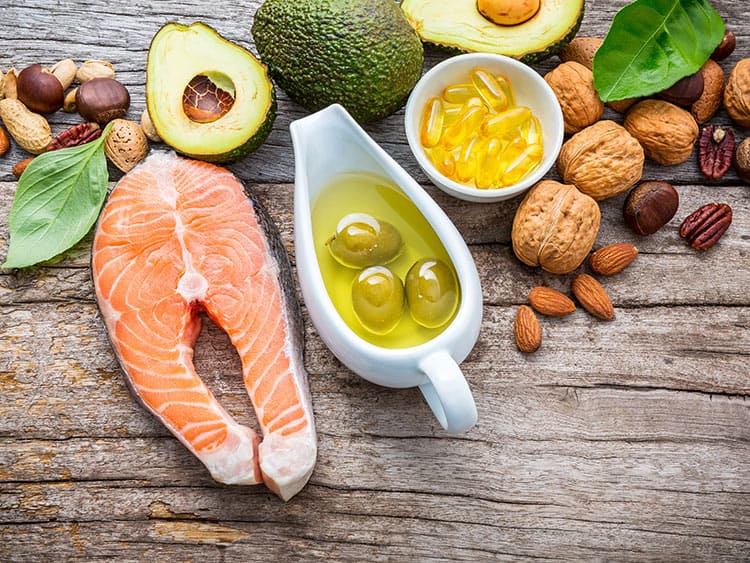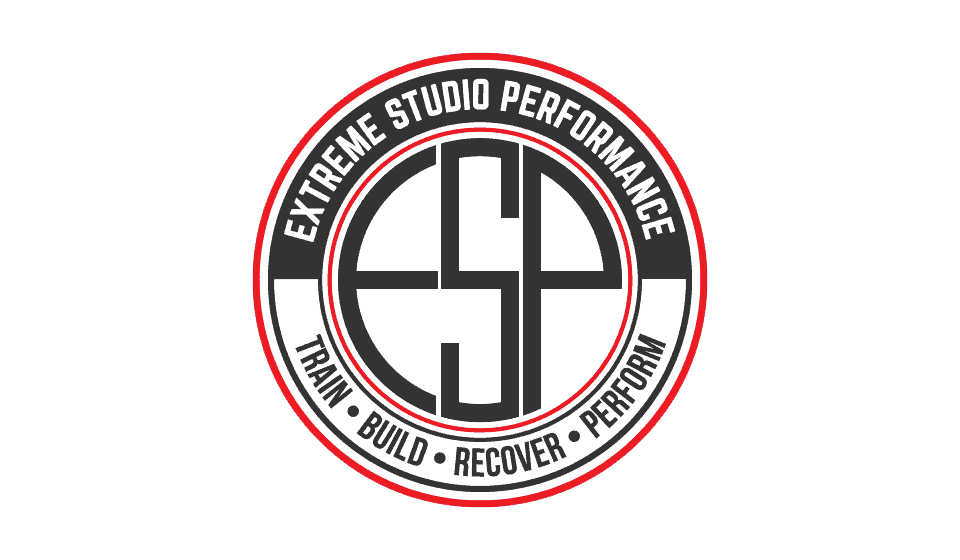
Fats in foods get a bad rap. We hear so much about unhealthy fats that we might forget that we need fat in our diets to stay healthy. Fats are one of three macronutrients—a type of nutrients that your body needs in large quantities.
Our bodies need these macros to keep functioning. Unless you’re on a very specialized diet recommended by a healthcare provider you shouldn’t be cutting any of these macronutrients out of your diet or restricting them too much. The key with macros is that you should get them from healthy sources.
In an earlier post, we talked about another macronutrient: carbohydrates. In our next post, we’ll be discussing protein, the last of the three macronutrients. Stay tuned for that!
 Why Fats?
Why Fats?
Our bodies use fats from foods for a variety of important things. Fats are a key source of energy. They supply essential fatty acids and make it possible for your body to absorb fat-soluble vitamins like Vitamin D.
Your body also uses fats as a component in cell walls. This makes them important for building your body’s structure. They also support healthy brain function and help create hormones. Plus, we need fat to insulate the body and protect our organs.
Which Fats?
Just like with other foods, incorporating fat into a healthy diet is all about choices. You need fat in your diet, but to stay healthy you’ll want to make sure that fat is coming from healthy sources. These foods are good sources of healthy fats:
- Fatty fish like salmon, herring, sardines, and mackerel
- Avocados
- Olives and olive oil
- Seeds, including pumpkin, flax, chia, and sunflower seeds
- Nuts and nut butters
- Beans
- Eggs
Those healthy fats are called monounsaturated or polyunsaturated. Fats from animal sources (including meat and dairy) are saturated fats. These can be part of a healthy diet as well, but in smaller quantities.
How Much Fat?
Medical experts recommend that fat should make up 20% to 35% of your total daily calories. Only 7% to 10% of your total daily calories should come from saturated fats (the ones from animal sources). The rest of your daily fat requirement should come from unsaturated fats.
If you’d like help with developing a nutrition plan that’s customized to your body, we offer Nutrition Coaching here at Extreme Studio Performance. If you’re interested in fitness, understanding food should be a top priority. Nutrition accounts for over 80% of your fitness and health results. Contact us today for more info or to schedule a free tour and fitness evaluation.
